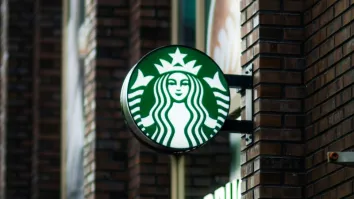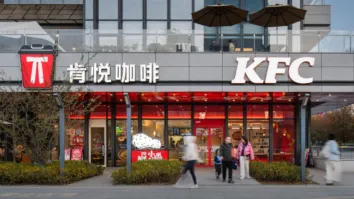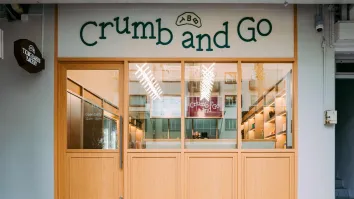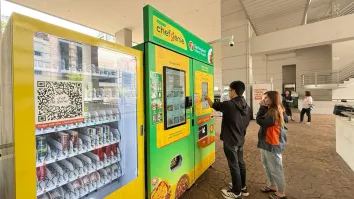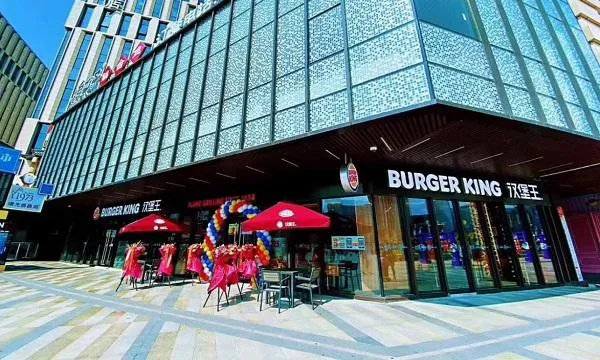
Partnering with aggregators a “must” for QSRs: Burger King China CEO Ekrem Ozer
He also sees potential in diversifying restaurant formats with the aid of delivery partners.
Benefiting from delivery revenues, QSRs must work with delivery platforms in sustaining the market towards a more enabling economic environment in the future, the chief executive of Burger King in China suggested.
“The more convenient a QSR player is, therefore, the easier for a customer to increase his recency and frequency,” Ekrem Ozer said in an interview with RaboResearch Asia consumer food analyst Michelle Huang.
Ozer said that food deliveries account for a huge share in revenue in restaurants’ digital platforms, next to self-ordering kiosks and mobile. Burger King, specifically, has earned over 35% revenues from delivery for the past five years.
The Restaurant Brands International-owned chain partners with Alibaba-backed Ele.me and Meituan, two of the major food delivery brands in China.
Nowadays, he says, offering deliveries has become a “must” for QSRs.
“We have to accept and embrace this new channel and then make sure that the revenues that are coming from this channel are incremental.”
Ozer also noted the responsibility of QSRs in sustaining the delivery market.
“We all need to work for the longer term goal of maintaining the success and the growth of the market, rather than focusing on some of the zero-sum metrics, such as the commission rates or the payment mechanics.”
Ozer further suggested that aggregators should strike a balance in maintaining profitability and keeping their network growing as to allow a conducive economic relationship with partner restaurants.
“Fundamental” advancement in food delivery tech
Talking about the future of food delivery, Ozer expects “fundamental” advancement in food delivery technology, like in packaging.
“We're working with the aggregators at the moment to understand what are the right packaging products to ensure food safety, food security, and food quality.”
Whilst there is a focus on improving delivery channels, Ozer reminds the importance of providing dine-in experience “beyond foods and drinks,” lest QSRs face the risk of getting “commoditised.”
“Players who missed this aspect will and potentially are very likely to face the risk of getting commoditised.”
He adds: “For you to stand out in that crowd, you still need to have your character, your brand, which is best delivered in an offline environment.”
Ozer also sees potential in diversifying restaurant formats with the aid of delivery partners.
“We've already started to work with both of the aggregators, to understand location selection, convenient sort of formats for the riders to come in easily and pick up the orders, [and] packaging to make sure that food stays safe and in high quality.”
Transactions from food delivery platforms in China is valued at US$100bn this year.
Since expanding in 2012, Burger King has 13,000 restaurants in over 150 cities across mainland China.




